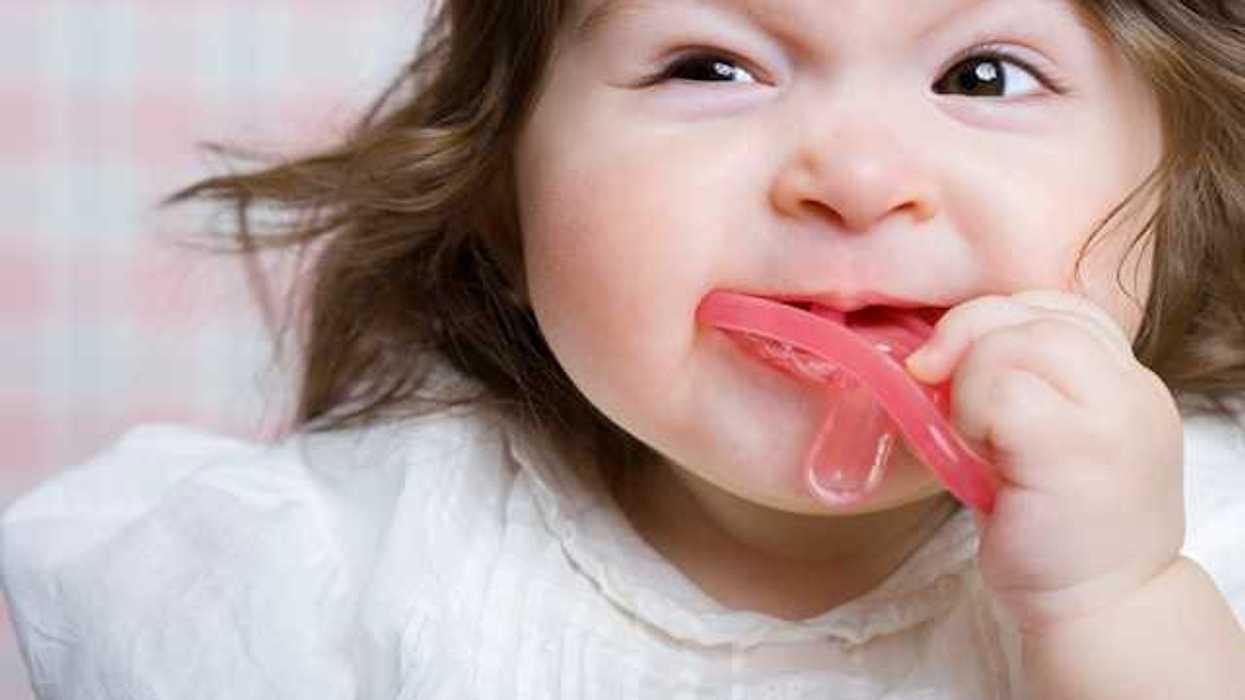Exposure to DDT is associated with changes to the sperm epigenome (which controls how DNA functions) that could potentially be passed to future generations, according to a recent study published in Environmental Health Perspectives.
In short:
- DDT, an insecticide linked to birth defects, infertility, cancer, and neurodevelopmental delays, was banned in most countries in the ‘70s but is still used in Africa and India to control malaria.
- Evidence suggests that these changes in the epigenome could be passed along to the embryo, impacting the health of the baby and potentially leading to multigenerational diseases.
Key quote:
“These findings suggest that DDT… exposure impacts the sperm epigenome… and may negatively impact the health of future generations.”
Why this matters:
It’s been shown that DDT can travel long distances via weather patterns, ocean currents, and even throughout the food chain. This means that while DDT use has ended in most countries, DDT contamination is an ongoing issue globally that’s predicted to worsen over time. Given DDT’s potential to impact health across generations, the authors of this study highlight the urgent need to find alternative methods for malaria control that don’t rely on DDT.
Related EHN coverage:
- Mosquitoes are a growing public health threat, reversing years of progress
- LISTEN: Bruce Lanphear on how we’re failing to protect people from pesticides
More resources:
- WATCH: Environmental Health Sciences Senior Scientist Dr. Shanna Swan on chemicals, hormones and our reproductive health
- Pesticide Action Network: The DDT Story
Lismer, Ariane et al. for Environmental Health Perspectives vol. 132, 1. Jan. 31, 2024, and Ross Gillette and Andrea Gore’s accompanying editorial.
- Songbirds dying from DDT in Michigan yards; Superfund site blamed ›
- Pesticide DDT linked to increased breast cancer risk generations after exposure ›
- DDT linked to an increase in autism risk in new study ›

















